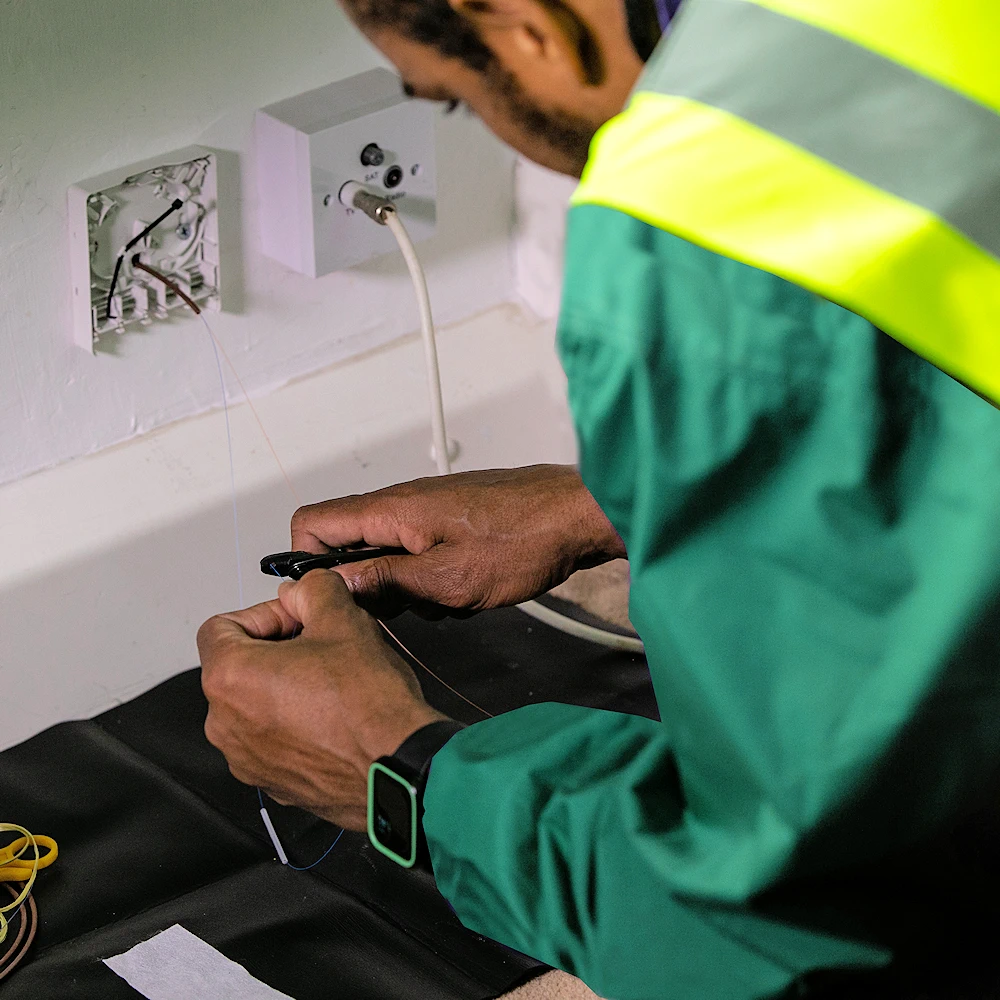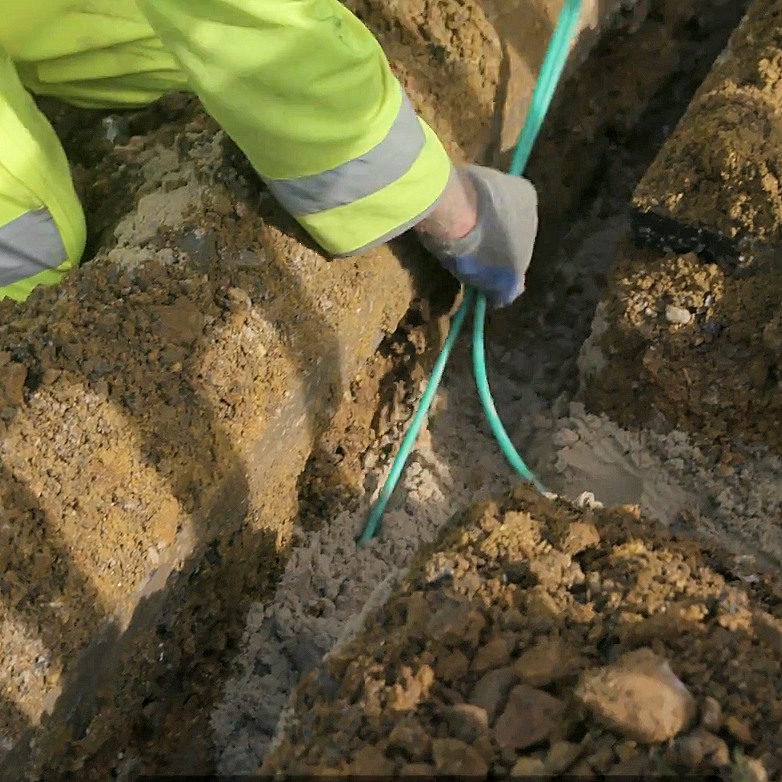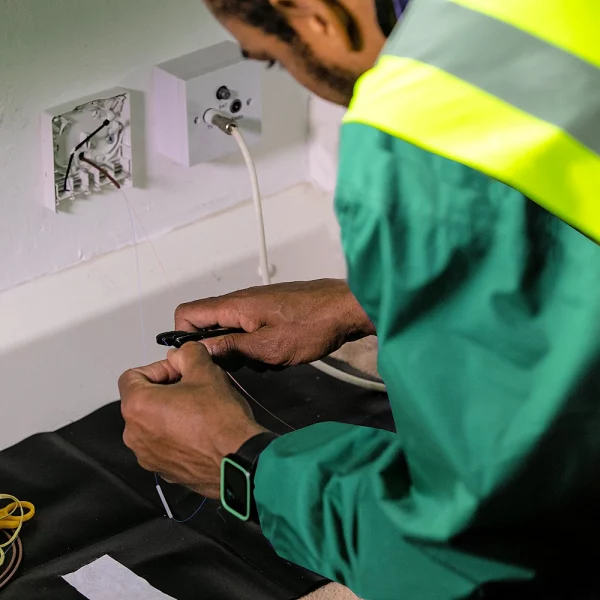How to Keep Your Data Private and Browse the Internet Anonymously
It’s because you have something to hide. Internet anonymity is a bitterly conflicted subject that, on the one hand, safely masks our private lives from view or abuse, while on the other it can be manipulated by unscrupulous individuals for often criminal purposes. But just how do you go about keeping your private life.. private?
In recent years the issue of online privacy has become ever more important. Commercial firms increasingly seek to know more about our buying habits and even the government often appears to be almost equally interested in what we’re all doing online.
Those ignorant of the dangers often like to say, “If you have nothing to hide then you shouldn’t have anything to fear,” a perhaps popular phrase among many past and present dictatorships, communist states and those whom simply overlook the one most obvious and simple truth of all. Yes, we all have something to hide.
From the fact that we wear clothes, shut our curtains, lock our doors and choose not to live in completely transparent houses; to the fact that we shop online, read online, explore our understanding of the world online, experiment with relationships, discuss our illnesses and research matters of a deeply personal nature. People most certainly do have things to hide.
Put another way, arguing that you don’t care about the right to privacy because you have nothing to hide is no different than saying you don’t care about freedom of speech because you have nothing to say.
In this article ISPreview.co.uk explores what methods exist to help keep your private information secure and why growing efforts to monitor what people do online could ultimately prove fruitless.
The Technical Truth of Internet Anonymity
Generally speaking a communication conduit should always be secure and private, unless the police have a legitimate reason to suspect that it is being abused or you chose to make the content public (i.e. Twitter, Facebook etc.). In reality if an individual chooses to hide their internet connection or personal details from prying eyes then, short of physically cutting the connection off, there’s not a lot that anybody, not even your ISP, can do about it.
Ofcom’s Web Blocking Review Statement
“Circumvention of a block is technically a relatively trivial matter irrespective of which of the techniques used. Knowledge of how site operators and end users can work around blocks is widely distributed and easily accessible on the internet … It is not technically challenging and does not require a particularly high level of skill or expertise.
Ofcom was also asked to consider whether the site-blocking provisions in the Digital Economy Act would work in practice. The Act contains reserve powers to allow courts to order that websites dedicated to copyright infringement are blocked. The regulator concluded the provisions as they stand would not be effective.”
The reason this is even possible stems from how the internet allows information to flow relatively freely, much like a river. With a river you can change the flow of water, check it for impurities (errors) and generally fiddle around but the only real way to stop it would be to kill the entire flow (i.e. physically cut the cable); short of that some of the water will almost always make it through, often by masking itself to look like something else (i.e. a different kind of internet traffic).

In essence, Internet Service Providers (ISP) can control your connection but only up to a point. As a result practically all ISP-imposed internet censorship (filtering) systems are merely skin deep in their effect and thus easy to circumvent. It’s a worryingly common misconception that ISPs, which merely manage “access“, can also control “content“; these are two very different things. ISPs can only delete content that exists within their own servers (e.g. a member’s ISP hosted webpage) and cannot physically remove content from the wider (external / remote) internet.
Circumvention Solutions
Thankfully there are a number of methods by which you can retain tighter control over your personal information and privacy, many of which we’ve summarised (albeit only in the most basic of ways) below. Crucially none of these methods represent any kind of previously unknown voodoo art or underworld secret.
Mark is a professional technology writer, IT consultant and computer engineer from Dorset (England), he also founded ISPreview in 1999 and enjoys analysing the latest telecoms and broadband developments. Find me on X (Twitter), Mastodon, Facebook and Linkedin.
« BT Makes its 80Mbps Superfast FTTC Broadband Upgrade Available to ISPs
Home WiFi Networks Found in 73 Percent of UK Households »
Latest UK ISP News
- FTTP (5580)
- BT (3529)
- Politics (2552)
- Openreach (2309)
- Business (2283)
- Building Digital UK (2252)
- FTTC (2050)
- Mobile Broadband (1990)
- Statistics (1797)
- 4G (1680)
- Virgin Media (1639)
- Ofcom Regulation (1472)
- Fibre Optic (1406)
- Wireless Internet (1399)
- FTTH (1382)




















































Comments are closed